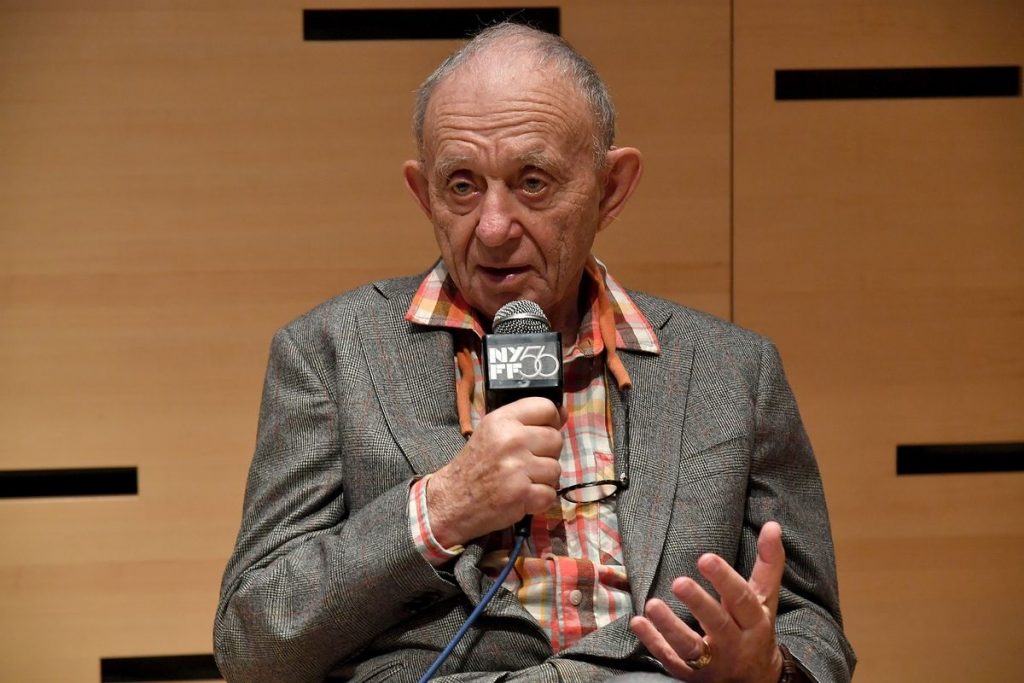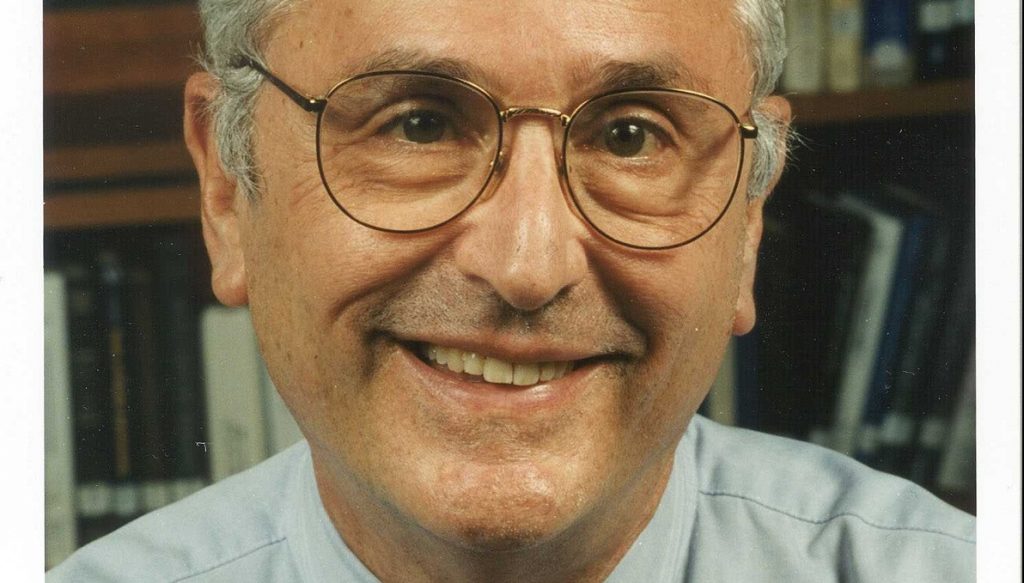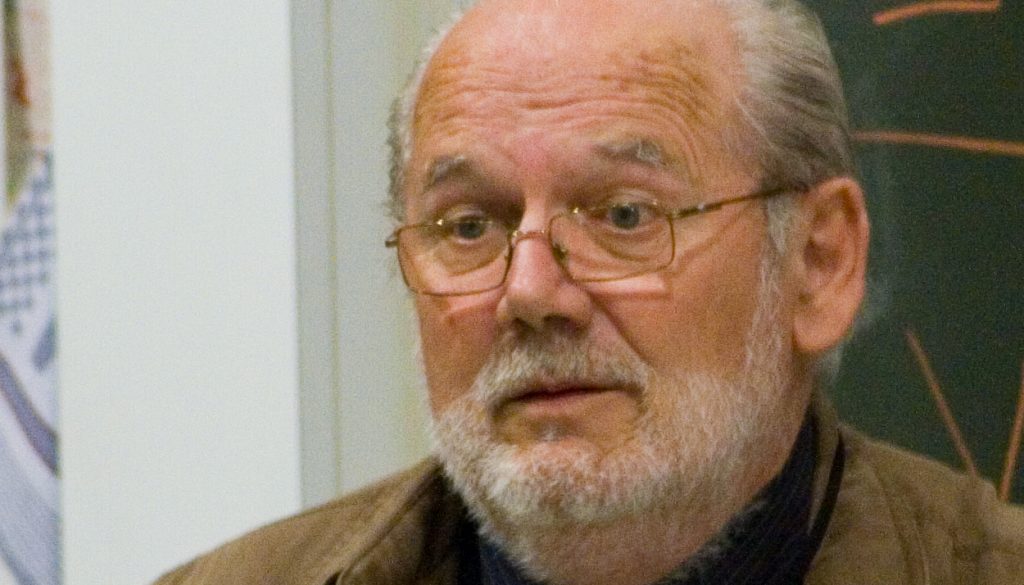Frederick Wiseman

Frederick Wiseman
Present: Print and Electronic Media
Frederick Wiseman is widely acclaimed as the most important person ever to lift a camera for documentary filmmaking.
His first film, Titicut Follies (1967), remade the whole genre of nonfiction film, introducing path-breaking innovations such as the lack of a narrator, a spare and honest cinematography and a narrative line that resembled a Hollywood film in its dramatic development, even though the story was entirely true. He has influenced thousands of film directors and producers.
If the artist’s gift for storytelling is what brings viewers into his films and keeps them there, what devastates them is the fact that what they are watching is true. In 32 nonfiction films, Wiseman has tackled subjects such as education for the disabled, the view of America from abroad, and most notably, the criminal justice system. Two of his films, High School, and Welfare, have been designated National Treasures by the U.S. Library of Congress.
In all of his work, Wiseman forces viewers to reckon with their emotions at the cost of marginalizing those who cannot speak for themselves.


